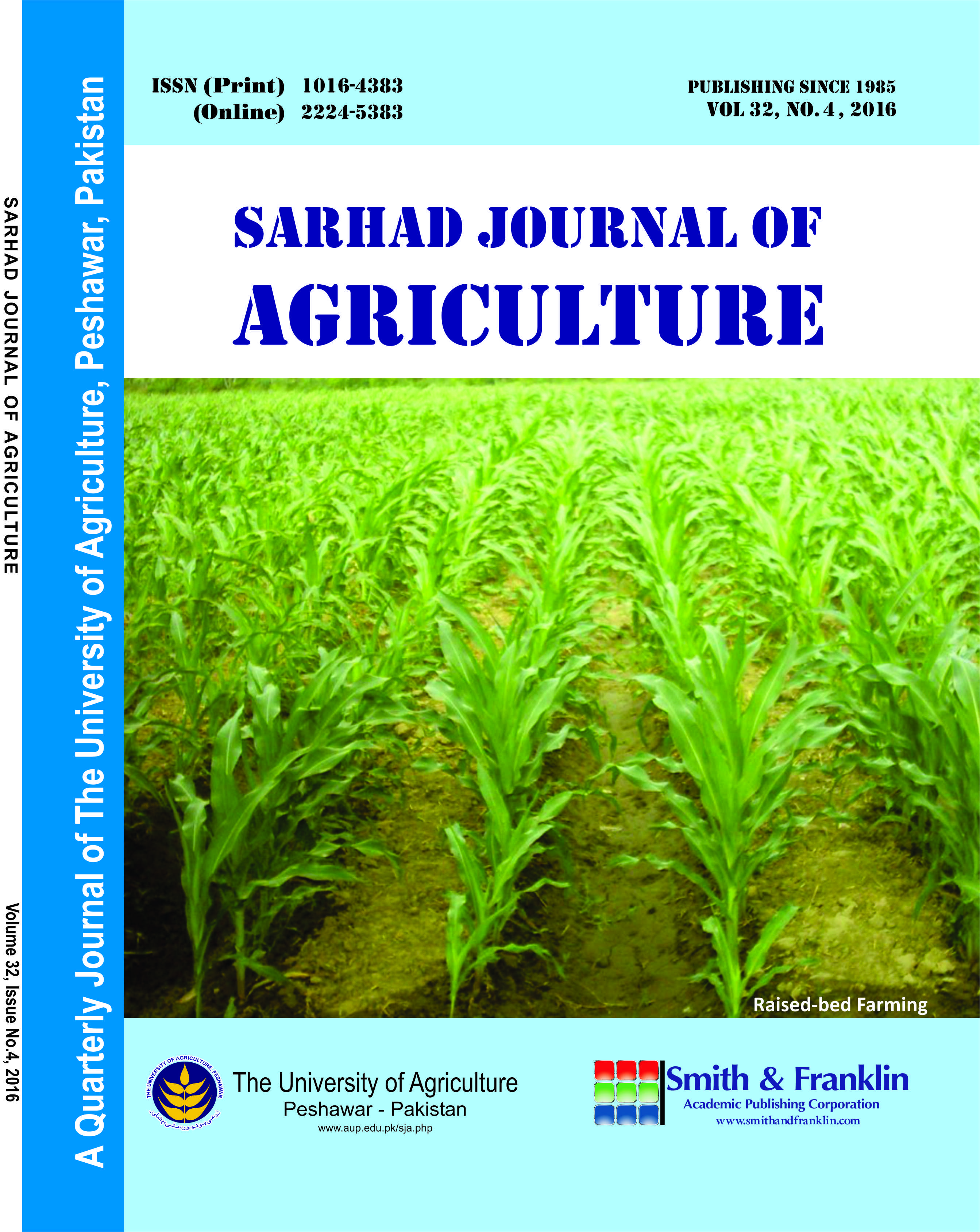Perception of Dairy Farmers Regarding Antibiotic Use and Antimicrobial Resistance in Bangladesh
Perception of Dairy Farmers Regarding Antibiotic Use and Antimicrobial Resistance in Bangladesh
Md. Sahidur Rahman1*, Tishita Ape1, Md. Islam1 and Sharmin Chowdhury2
ABSTRACT
Inappropriate antibiotic use in dairy farms poses a major hazard to food safety and leads to the development of antimicrobial-resistant microorganisms. We conducted a cross-sectional study to assess the perspective of dairy farmers regarding antibiotic use as well as its residual and resistance effect. We collected data from 101 dairy farmers in Chattogram, Bangladesh. The results revealed that ceftriaxone, gentamicin, streptopenicillin, amoxicillin, and sulfur drugs were the most frequently used antibiotics in the study area. Among the participants, 99% did not follow the withdrawal period of the drugs and claimed their prescribers did not advise them on it. Among participants, 81% were found unaware of the effect of antibiotic resistance on animal health. The univariable significance test showed the educational status of the farmer had a strong (P < 0.01) relationship with the knowledge of antimicrobial resistance. Only 27% of farmers were always following the prescription of a veterinarian. We found drug sellers/dealers, experienced local farmers, and the farmer’s own self were three other important prescriber groups recommending antimicrobials. The study revealed the necessity of awareness programs for farmers and antimicrobial stewardship programs targeting veterinarians, and other stakeholders to reduce the antimicrobial resistance crisis.
To share on other social networks, click on any share button. What are these?







